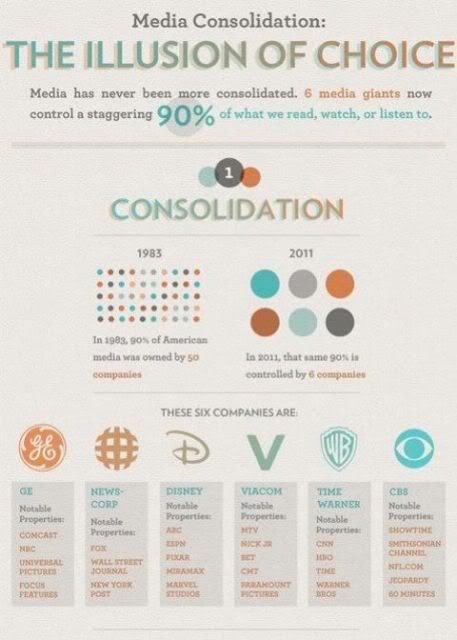When Martin Luther nailed his proclamation to a Church door he began a fine tradition of citizens challenging the status quo and the elites through the power of the written word.
On the 18th of January this tradition was continued as over 75,000 websites launched a protest against the bills SOPA and PIPA.
Many opted to simply blackout their site and instead display information about the two bills. Some, like Google, continued to function but had prominent links on their homepage on how to oppose the bill. Perhaps the one with the most impact was Wikipedia’s blackout - it reportedly led to 8 million US citizens looking up their representatives.
If you have missed the debate about SOPA I encourage you to check out this excellent video so you can bring yourself up to speed.
If you prefer to read then reddit’s FAQ is a good place to start http://www.reddit.com/help/faqs/sopa#WhatisSOPA
This protest was a dramatic reversal of power from the news elites to the people - America's mainstream media had, by and large, ignored the Internets’ objection to the two bills because their parent companies were those who would benefit most from the new legislation. This is a perfect example of crony capitalism and the dangers of press being controlled by a very narrow set of special interests.
It seems obvious to state but: news corporations owned by entertainment giants will be limited when discussion of intellectual property rights, file downloading and open access arises. They desire passive consumption and the Internet allows for creative re-imagination. The protest directly highlighted this creative side of the net.
What is interesting to consider is how the protest took place and the global impact it had - Wikipedia effectively denied access to their English language website, reddit denied access to their entire network. They were giving us a taste of the great firewall. The blackouts demonstrated how important access to online information is and how basic a right we in the west see this as. It also illustrates how a global network can still be seriously impacted by the world’s declining super power. The globalisation of the Internet still appears to be tied to the globalised control American can exert.
The debate about piracy is an ongoing one - measures to tackle it are going to be introduced - the danger is in government passing bills written by Hollywood that would crush free speech and creativity. More are coming, ACTA for example, and it is clear that the entertainment industry is going to continue to use the US legislative system as a delivery system for their goals.
The success of the blackout has been the shelving of these bills but people must remain vigilant. The energy required by ordinary people to motivate against these two threats was monumental. We all have real jobs, families and lives to live - lobbyists exist to create influence with government and push these bills. Senators and Congressmen have all day to be courted, to be bought. Perhaps what the Internet needs is its own set of lobbyists funded by people from around the world who will campaign against censorship and for an open and free society.

No comments:
Post a Comment